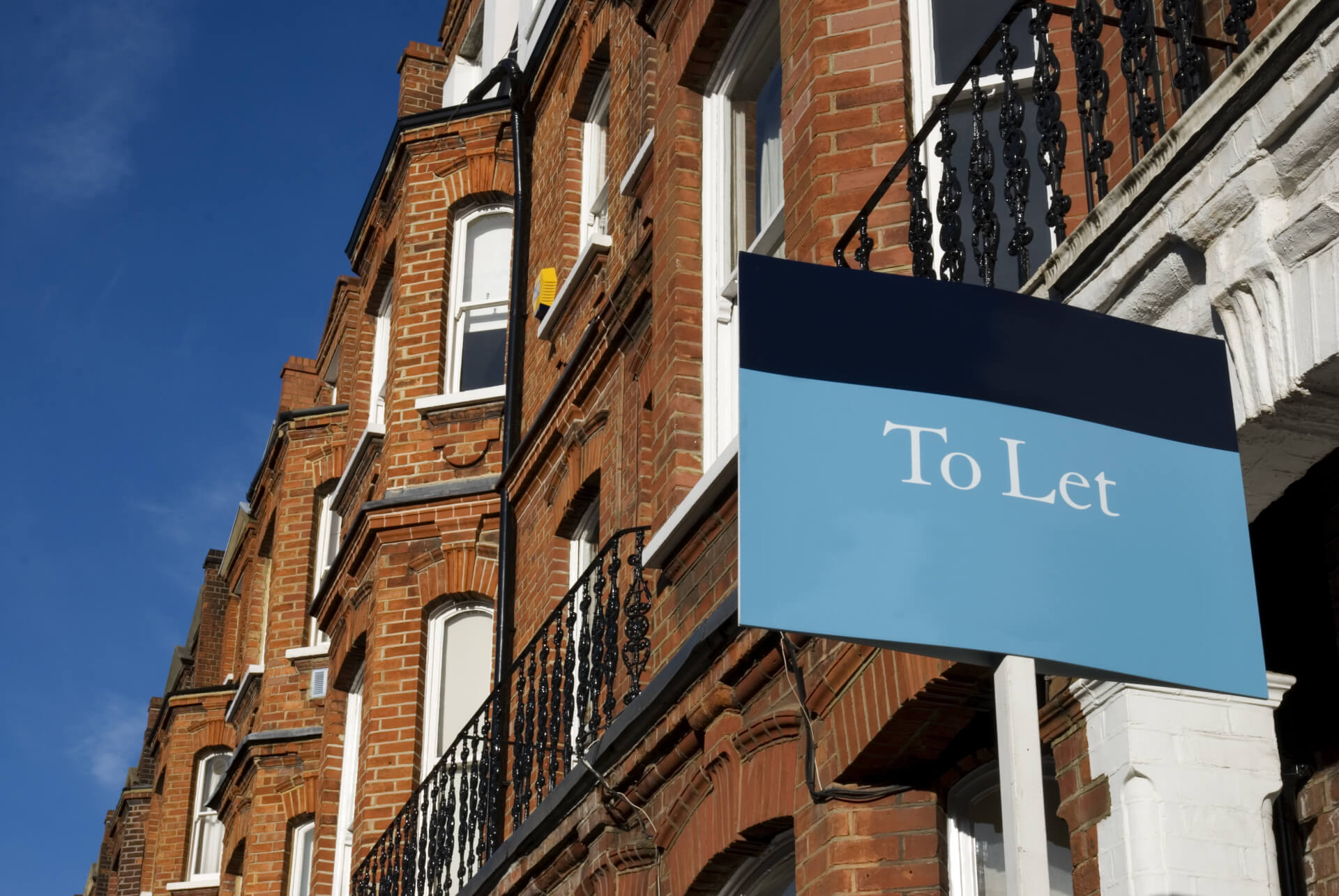Laura Bushaway and Michael Daniels examine the new regime for landlords and their agents to carry out immigration checks on tenants prior to the grant of tenancies and the requirement for certain properties to be licensed under selective licensing schemes operated by local authorities in some areas of the UK.
Right to Rent: Immigration Act 2014 (Commencement No. 6) Order 2016 and Immigration (Residential Accommodation) (Prescribed Requirements and Codes of Practice) (Amendment) Order 2016
The new immigration checks apply to all private residential tenancies granted and in certain circumstances renewed in England on or after 1 February 2016 where there are one or more adults occupying the property as their main home. There are a number of exceptions including but not limited to accommodation provided in connection with employment, student accommodation, hostels and leases for a term exceeding 7 years. However, the majority of short term residential tenancies granted each year will be caught.
After 1 February 2016, landlords must carry out prescribed checks as to the immigration status of the tenant to confirm that they have a “right to rent”. If they do not, the landlord must not grant the tenancy to the tenant. The tenant does not have a “right to rent” if s/he requires and does not have leave to enter into or remain in the UK. British Citizens, nationals of a European Economic Area State and Swiss nationals have the “right to rent”.
Landlords should note that the legislation applies both to tenants and sub-tenants and also to any adult living in the property even if that person is not named on the tenancy agreement. This places an onus on landlords to monitor who is living at the property beyond a named tenant or sub-tenant.
Landlords are obliged to make reasonable enquiries before a tenancy is entered into of the tenant and any other occupiers. This obligation applies even if the tenancy contains a provision prohibiting occupation by someone without the right to rent and a landlord may be guilty of an offence if it does not carry out the checks or should have known that the tenant/occupier didn’t have a right to rent. Landlords are also under a duty to carry out follow-up checks every 12 months or earlier if the tenant/occupant had time-limited right to rent (i.e. their leave to remain in the UK had a time limit). Where a tenant/occupant has limited right to rent, checks must be carried out each time the relevant document establishing a right to rent expires. If follow up checks indicate that the tenant/occupier no longer has a right to rent, the landlord should make a report to the Home Office as soon as possible.
If there is a breach of the legislation, the validity of the tenancy is unaffected. However, landlords or their agents may be penalised for failure to comply and the sanction is a fine of up to £3,000 per occupant at the premises who is found not to have the right to remain the UK. The Immigration Bill 2015/2016, which is currently progressing through Parliament, provides for the legislation to be amended so that there will be a new criminal offence targeted at landlords and agents who repeatedly fail to conduct right to rent checks.
It is important for landlords and agents to be clear on who has agreed to be responsible for carrying out the immigration checks as agents can also be penalised for failing to comply with the legislation if a landlord has passed responsibility for those checks to the agents as part of the letting process.
To avoid discrimination when making enquiries of tenants and their occupants, landlords should request copies of documents which are listed in the Home Office code of practice which can be found at www.gov.uk/government/publications/right-to-rent-landlords-code-of-practice. Landlords/agents will also need to keep records of the checks which are undertaken to evidence compliance with the legislation.
Selective licensing
Part 3 of the Housing Act 2004 sets out the framework for licensing of private rented residential properties by local authorities as an initiative to improve standards in rented housing. It is more commonly known as selective licensing and is not to be confused with licensing of Houses in Multiple Occupation (HMO) as it applies to residential properties of all sizes.
The legislation dates back to 2004. However, it is only more recently that some local authorities have begun to operate schemes and the possibility that a selective licensing scheme is in operation is something that all private landlords should bear in mind.
If the area is designated for selective licensing by the local authority, any landlord who lets property in that area must hold a licence issued by the local authority unless the property qualifies for an exemption.
Which areas do the schemes apply to?
Unfortunately, there isn’t an exhaustive or maintained list published by the Government or other body. The best approach is for landlords to ensure that they check whether the selective licensing scheme applies with individual local authorities in the areas in which they let properties. Local authorities often have information on their website or follow a consultation process prior to the scheme coming into force. However, if notifications are sent to the rented address itself it is likely that landlords may still be caught out.
There are some exemptions to selective licensing schemes including where the property is a holiday let, student accommodation or if the landlord is a housing association. This is not an exhaustive list of the exemptions however, and landlords should always confirm with the local authority directly that their property is exempt to avoid the risk of a penalty or being unable to obtain possession of the property (see below).
If the property falls within an area designated by a local authority for selective licensing, the landlord must apply for a licence and meet the criteria set by the local authority.
Failure to comply
There are serious consequences for failing to comply:
Until a licence is granted, the landlord cannot serve a valid Section 21 Notice to terminate a tenancy and obtain possession of an assured shorthold tenancy; and
If the landlord requires but does not hold a licence for the property, the landlord may be liable for a fine of £20,000. In addition, breaches of the terms of the licence itself are subject to a fine of up to £5,000 for each breach.
If you wish to discuss any specific issues arising from the above, please contact Laura Bushaway or Michael Daniels.







